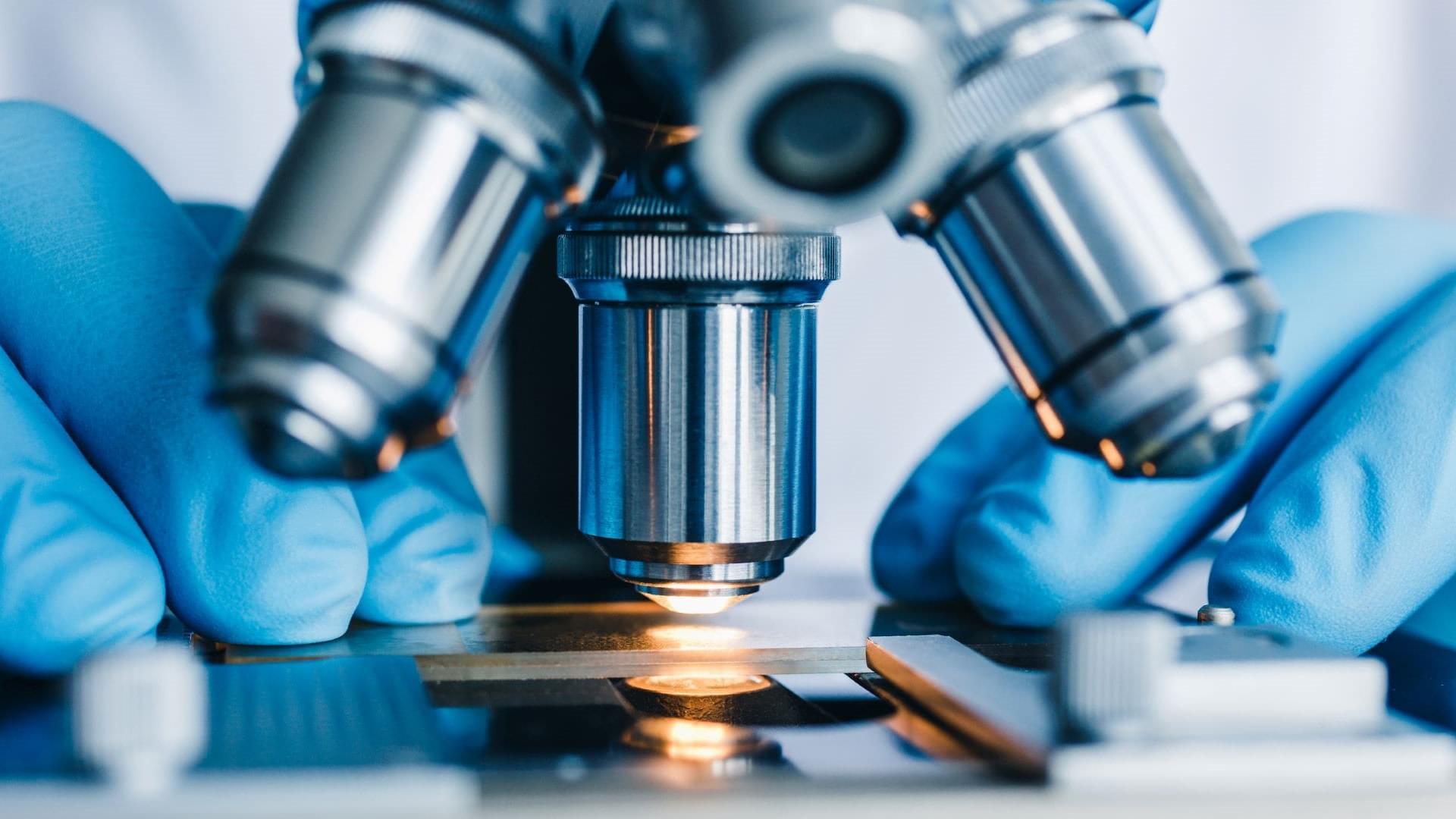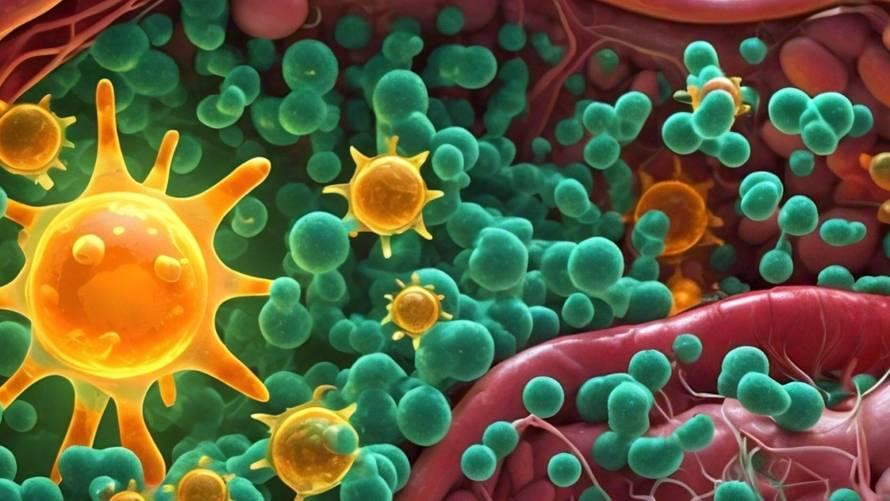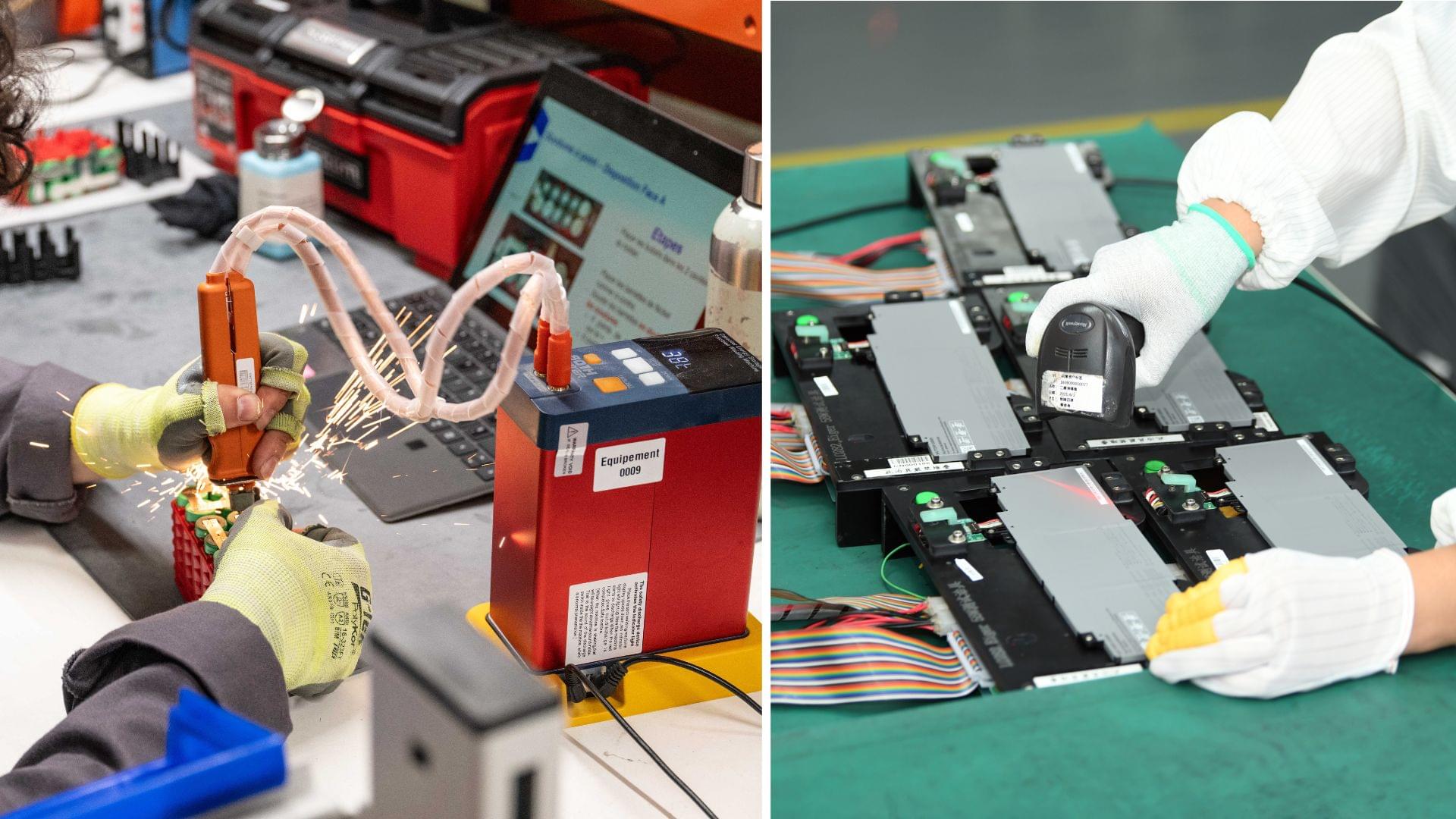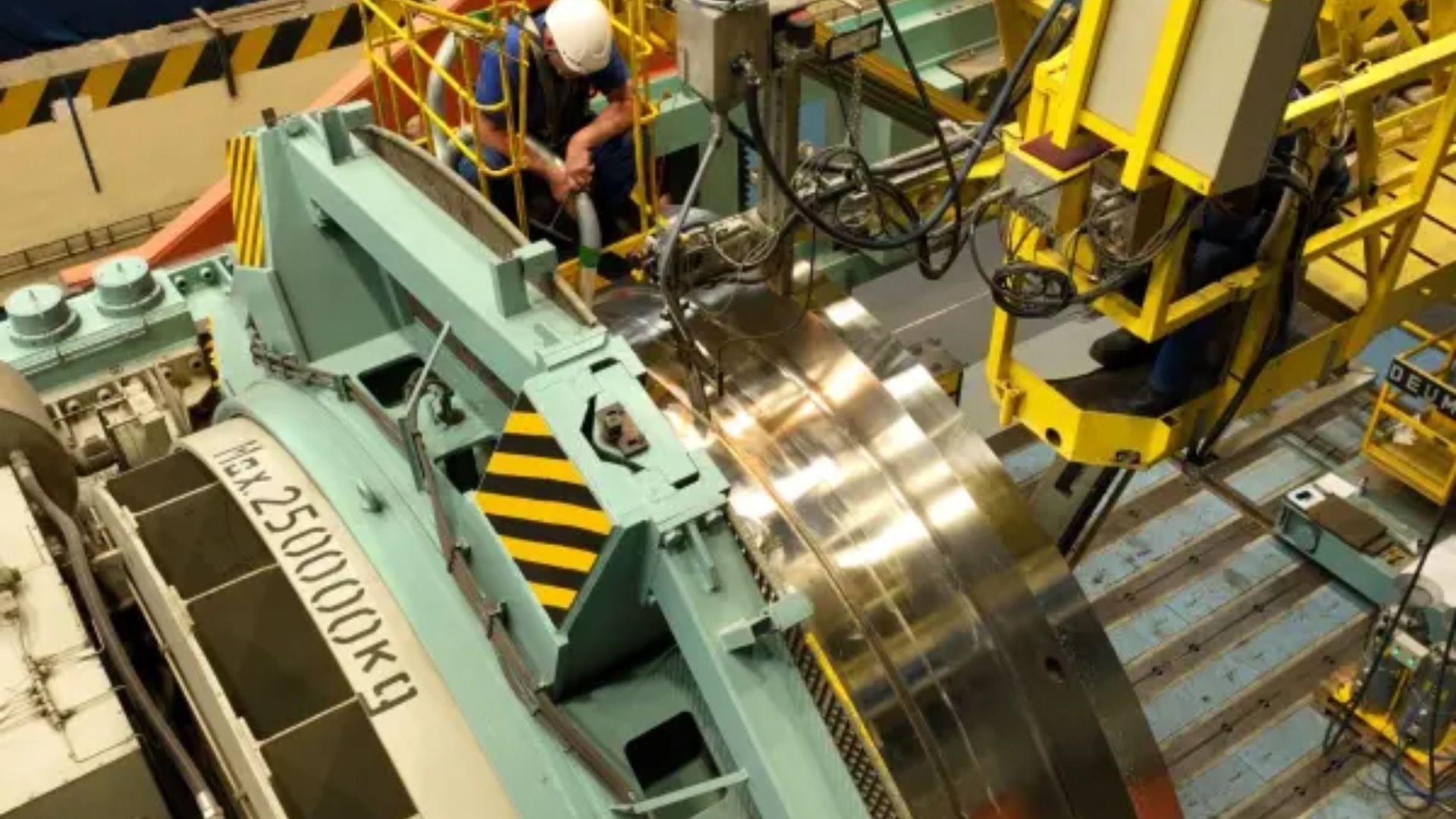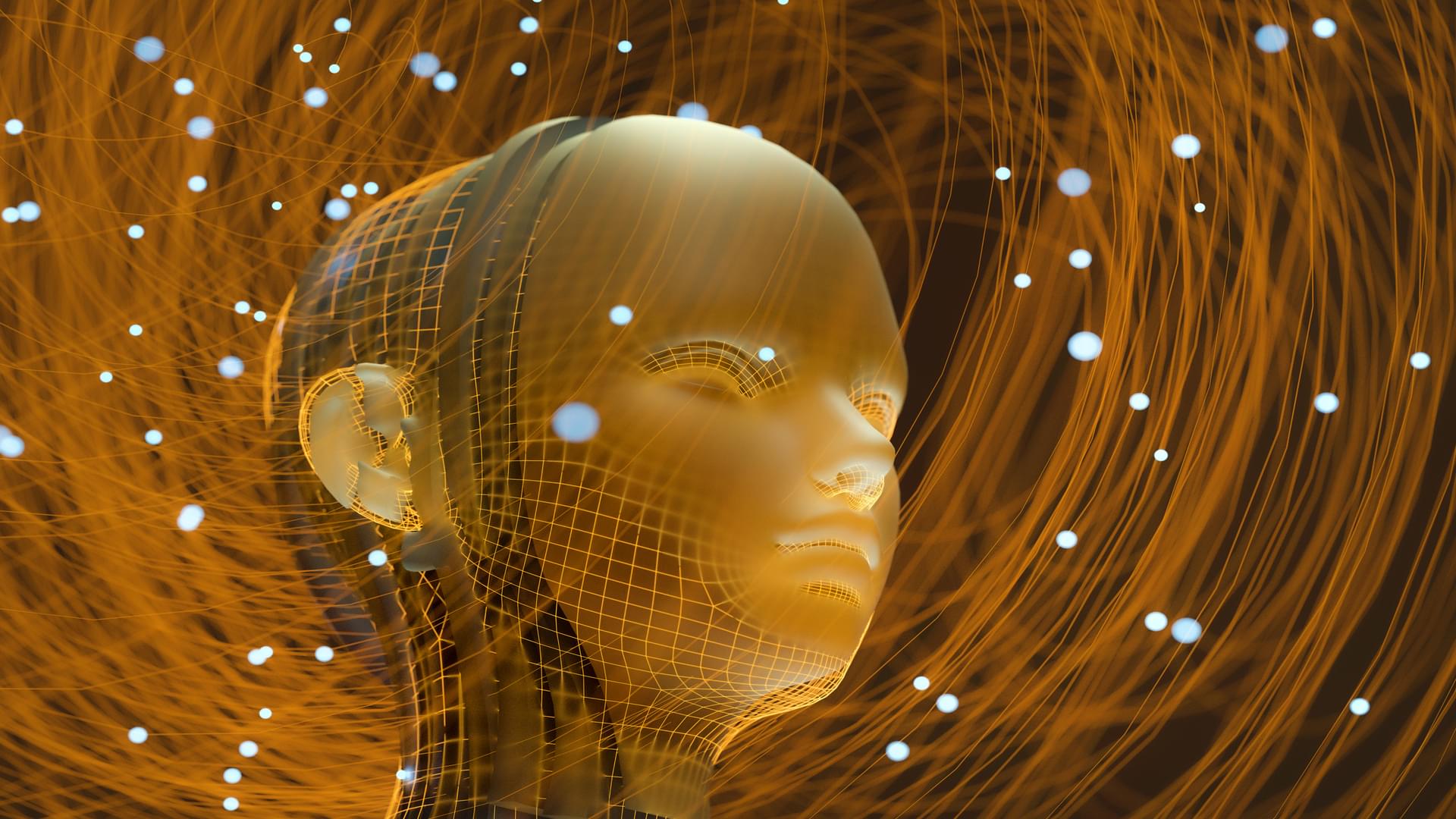A team of researchers has created small swimmers that can harvest energy from their surroundings and convert it into movement. The discs, about twice as wide as a human hair, are amazingly partly made from dried food dye, according to a news release from New York University.
The fascinating project includes experts from Harvard, the University of Chicago, and elsewhere.
“The essential new principles we discovered — how to make microscopic objects swim on command using simple materials that undergo phase transitions when exposed to controllable energy sources — pave the way for applications that range from design of responsive fluids, controlled drug delivery, and new classes of sensors, to name a few,” lead researcher Juan de Pablo, from NYU, said in the summary.
